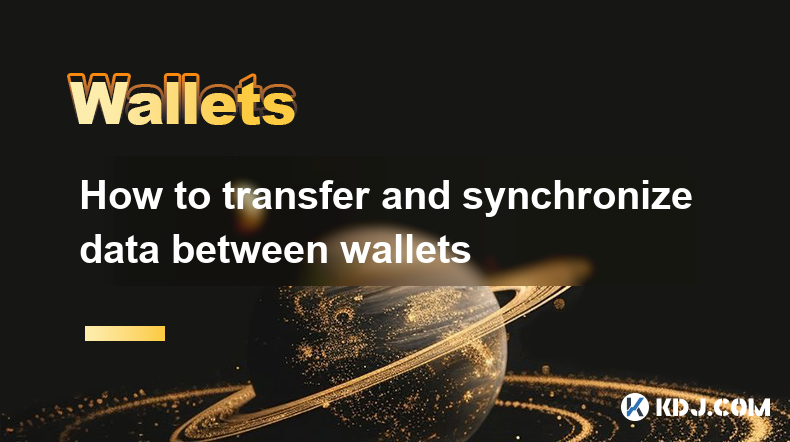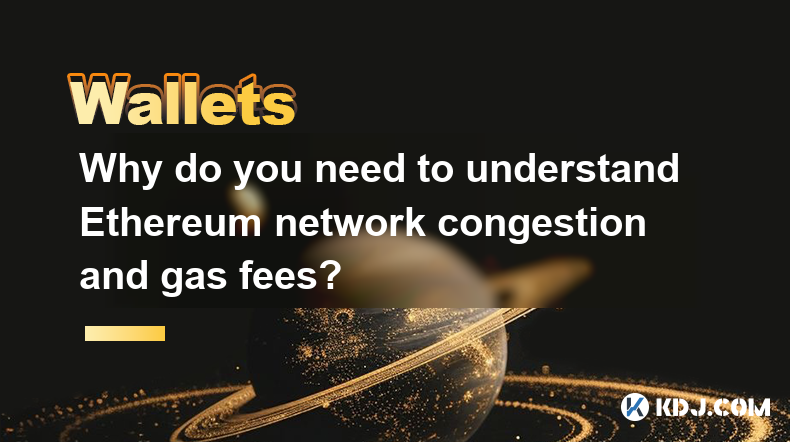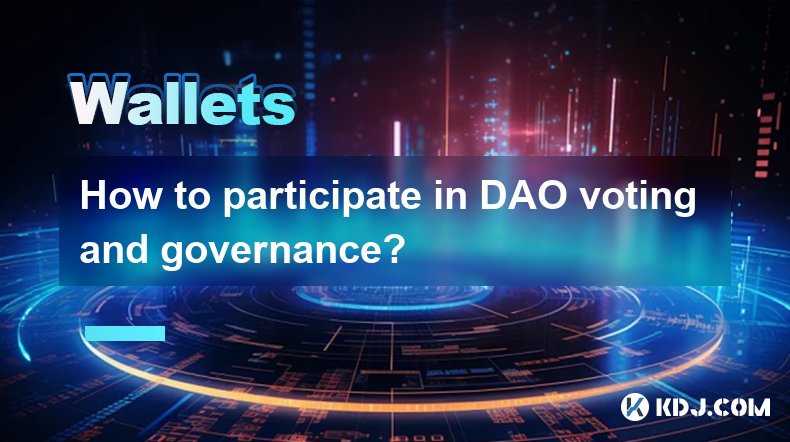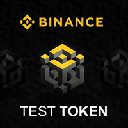-
 Bitcoin
Bitcoin $96,437.4479
0.15% -
 Ethereum
Ethereum $2,754.0093
2.73% -
 XRP
XRP $2.5501
-1.01% -
 Tether USDt
Tether USDt $1.0002
0.02% -
 BNB
BNB $669.6273
2.90% -
 Solana
Solana $170.7681
-0.20% -
 USDC
USDC $1.0000
0.00% -
 Dogecoin
Dogecoin $0.2447
1.13% -
 Cardano
Cardano $0.7716
0.28% -
 TRON
TRON $0.2385
0.25% -
 Chainlink
Chainlink $17.6936
1.04% -
 Avalanche
Avalanche $25.7720
3.33% -
 Sui
Sui $3.4277
3.05% -
 Stellar
Stellar $0.3313
1.09% -
 Litecoin
Litecoin $125.8465
-2.63% -
 Toncoin
Toncoin $3.7505
4.94% -
 Shiba Inu
Shiba Inu $0.0...01559
2.89% -
 Hedera
Hedera $0.2142
-1.18% -
 UNUS SED LEO
UNUS SED LEO $9.7112
-0.17% -
 MANTRA
MANTRA $8.6158
15.51% -
 Hyperliquid
Hyperliquid $24.3520
-2.55% -
 Polkadot
Polkadot $5.0649
-1.36% -
 Bitcoin Cash
Bitcoin Cash $323.6455
2.38% -
 Bitget Token
Bitget Token $5.0142
1.92% -
 Ethena USDe
Ethena USDe $0.9997
0.19% -
 Uniswap
Uniswap $9.0162
2.75% -
 Dai
Dai $1.0001
0.00% -
 Monero
Monero $234.7110
0.91% -
 NEAR Protocol
NEAR Protocol $3.4600
2.26% -
 Pepe
Pepe $0.0...09550
3.72%
What impact does DDoS attack have on trading networks?
DDoS attacks severely disrupt trading networks, causing downtime, price manipulation, data loss, and reputation damage, necessitating multi-layered defense strategies and best practices for mitigation.
Feb 22, 2025 at 11:18 am

Key Points:
- Understanding DDoS Attacks and Their Impact on Trading Networks
- Common Techniques Used in DDoS Attacks
- Protecting Trading Networks from DDoS Attacks
- Best Practices for Mitigating DDoS Attacks
- Case Studies of Notable DDoS Attacks on Trading Networks
- FAQs on DDoS Attacks and Trading Networks
Understanding DDoS Attacks and Their Impact on Trading Networks
Distributed Denial-of-Service (DDoS) attacks are malicious attempts to disrupt the normal operations of a network by flooding it with an overwhelming amount of traffic. In the context of trading networks, DDoS attacks can have severe consequences, including:
- Slowing down or crashing the network, disrupting trading activities
- Manipulating market prices by artificially increasing or decreasing trading volume
- Stealing or compromising sensitive data, such as user accounts and financial information
- Damaging the reputation and credibility of the trading network
Common Techniques Used in DDoS Attacks
Various techniques are employed in DDoS attacks, targeting different vulnerabilities in the network infrastructure. Some common methods include:
Volume-based attacks: These attacks overwhelm the network with a massive influx of traffic, exceeding its capacity to handle it. Techniques include:
- UDP floods
- ICMP floods
- SYN floods
Protocol attacks: These attacks exploit weaknesses in network protocols to disrupt communication. Techniques include:
- DNS amplification attacks
- NTP reflection attacks
- SNMP reflection attacks
Application-layer attacks: These attacks target specific applications running on the network, exploiting vulnerabilities in their design or implementation. Techniques include:
- HTTP floods
- SQL injections
- Cross-site scripting (XSS) attacks
Protecting Trading Networks from DDoS Attacks
To safeguard trading networks from DDoS attacks, multiple layers of defense are crucial:
- Network-level protection: Implementing firewalls, intrusion detection systems (IDS), and intrusion prevention systems (IPS) to filter and block malicious traffic.
- Application-level protection: Employing web application firewalls (WAFs), rate limiting, and anti-bot solutions to protect applications from vulnerabilities exploited in DDoS attacks.
- Cloud-based DDoS protection: Leveraging cloud-based DDoS mitigation services that provide a scalable and automated defense against DDoS attacks.
- Regular security audits: Conduct regular security audits to identify vulnerabilities and weaknesses that could be exploited in DDoS attacks.
Best Practices for Mitigating DDoS Attacks
In addition to implementing protective measures, best practices for mitigating DDoS attacks include:
- Developing an incident response plan: Outlining protocols and responsibilities for responding to and recovering from DDoS attacks.
- Maintaining up-to-date software and patches: Regularly updating software and systems with security patches to fix vulnerabilities that could be exploited in DDoS attacks.
- Educating users about DDoS attacks: Raising awareness among users about the potential risks of DDoS attacks and their role in preventing them.
Case Studies of Notable DDoS Attacks on Trading Networks
Some notable DDoS attacks that have targeted trading networks include:
- Binance (2019): A DDoS attack against Binance, one of the world's largest cryptocurrency exchanges, temporarily disrupted trading services, causing significant losses for users.
- Bittrex (2020): Bittrex, another major cryptocurrency exchange, experienced a DDoS attack that lasted for several hours, affecting trading activities and causing price volatility.
- Kraken (2021): Kraken, a San Francisco-based cryptocurrency exchange, suffered a DDoS attack that flooded its servers with traffic, slowing down trading operations.
FAQs on DDoS Attacks and Trading Networks
What are the signs of a DDoS attack on a trading network?
- Unusual traffic patterns, including sudden spikes in traffic volume
- Slow or unresponsive network performance
- Difficulty accessing the trading platform or website
How can I protect my trading account from DDoS attacks?
- Use strong passwords and two-factor authentication (2FA)
- Keep software and plugins up to date with security patches
- Avoid clicking on suspicious links or emails
- **What should I do if my trading network is under a
Disclaimer:info@kdj.com
The information provided is not trading advice. kdj.com does not assume any responsibility for any investments made based on the information provided in this article. Cryptocurrencies are highly volatile and it is highly recommended that you invest with caution after thorough research!
If you believe that the content used on this website infringes your copyright, please contact us immediately (info@kdj.com) and we will delete it promptly.
- Polkadot (DOT/USDT) - Falling Wedge Breakout, A Bullish Reversal Pattern
- 2025-02-23 10:55:26
- Ton Coin (TON) Touches a “Low-Risk Zone,” Indicating a Potential Bottom and an Upcoming Market Rebound
- 2025-02-23 10:50:26
- Skyren DAO Expands DeFi Access with Exclusive Airdrops
- 2025-02-23 10:50:26
- NFT Market Rebounds: 64% Buyer Spike and 49% Seller Expansion
- 2025-02-23 10:50:26
- Unveiling the Future of Bitcoin: From $100k to $1 Million
- 2025-02-23 10:50:26
- Bitcoin (BTC) Faces a Series of Red Flags as Key Metrics Signal Reduced Investor Interest
- 2025-02-23 10:50:26
Related knowledge

What are cold storage and hot storage? Which one is safer?
Feb 22,2025 at 03:18pm
Key Points:Cold storage and hot storage are two methods of storing cryptocurrencies.Cold storage involves storing cryptocurrencies offline, while hot storage involves storing them online.Cold storage is generally considered safer than hot storage, as it is not connected to the internet and is therefore less susceptible to hacking.Cold StorageCold storag...

How to synchronize wallets in multiple devices and browsers
Feb 22,2025 at 09:18am
Key Points:Understand the different types of cryptocurrency wallets and their synchronization capabilities.Learn how to synchronize hardware wallets with multiple devices.Discover the steps involved in synchronizing software wallets across platforms.Explore the options for synchronizing mobile wallets on different devices.Gain insight into browser exten...

How to deal with theft of wallets or the leak of mnemonic words?
Feb 23,2025 at 12:36am
Key PointsUnderstanding the Different Types of Wallet TheftSteps to Take If Your Wallet Is Stolen or Mnemonic Words LeakedPreventive Measures to Protect Your Crypto AssetsFrequently Asked QuestionsHow to deal with theft of wallets or the leak of mnemonic words?Understanding the Different Types of Wallet TheftHot Wallet Theft:Hot wallets are connected to...

How to transfer and synchronize data between wallets
Feb 21,2025 at 12:25pm
Key Points:Understanding different wallet types and their capabilitiesIdentifying similarities and differences between walletsExploring options for transferring and synchronizing dataEnsuring data security and integrity during transferAddressing common challenges and troubleshooting tipsHow to Transfer and Synchronize Data Between Cryptocurrency Wallets...

Why do you need to understand Ethereum network congestion and gas fees?
Feb 21,2025 at 04:48am
Key PointsUnderstanding Ethereum Network Congestion and Gas FeesGas Fees ExplainedFactors Affecting Network CongestionStrategies for Minimizing Gas FeesImpact of Ethereum UpgradesUnderstanding Ethereum Network Congestion and Gas FeesThe Ethereum network is a decentralized platform that hosts a vast ecosystem of decentralized applications (dApps), non-fu...

How to participate in DAO voting and governance?
Feb 21,2025 at 03:42pm
Key Points:Overview of DAO Voting and GovernanceUnderstanding DAO Structures and MembershipRole of DAO Tokens and Voting RightsParticipating in Voting and Proposal SubmissionLeveraging Governance Tools and PlatformsImpact of Voting Participation on DAO OutcomesBest Practices for Effective DAO GovernanceHow to Participate in DAO Voting and Governance1. U...

What are cold storage and hot storage? Which one is safer?
Feb 22,2025 at 03:18pm
Key Points:Cold storage and hot storage are two methods of storing cryptocurrencies.Cold storage involves storing cryptocurrencies offline, while hot storage involves storing them online.Cold storage is generally considered safer than hot storage, as it is not connected to the internet and is therefore less susceptible to hacking.Cold StorageCold storag...

How to synchronize wallets in multiple devices and browsers
Feb 22,2025 at 09:18am
Key Points:Understand the different types of cryptocurrency wallets and their synchronization capabilities.Learn how to synchronize hardware wallets with multiple devices.Discover the steps involved in synchronizing software wallets across platforms.Explore the options for synchronizing mobile wallets on different devices.Gain insight into browser exten...

How to deal with theft of wallets or the leak of mnemonic words?
Feb 23,2025 at 12:36am
Key PointsUnderstanding the Different Types of Wallet TheftSteps to Take If Your Wallet Is Stolen or Mnemonic Words LeakedPreventive Measures to Protect Your Crypto AssetsFrequently Asked QuestionsHow to deal with theft of wallets or the leak of mnemonic words?Understanding the Different Types of Wallet TheftHot Wallet Theft:Hot wallets are connected to...

How to transfer and synchronize data between wallets
Feb 21,2025 at 12:25pm
Key Points:Understanding different wallet types and their capabilitiesIdentifying similarities and differences between walletsExploring options for transferring and synchronizing dataEnsuring data security and integrity during transferAddressing common challenges and troubleshooting tipsHow to Transfer and Synchronize Data Between Cryptocurrency Wallets...

Why do you need to understand Ethereum network congestion and gas fees?
Feb 21,2025 at 04:48am
Key PointsUnderstanding Ethereum Network Congestion and Gas FeesGas Fees ExplainedFactors Affecting Network CongestionStrategies for Minimizing Gas FeesImpact of Ethereum UpgradesUnderstanding Ethereum Network Congestion and Gas FeesThe Ethereum network is a decentralized platform that hosts a vast ecosystem of decentralized applications (dApps), non-fu...

How to participate in DAO voting and governance?
Feb 21,2025 at 03:42pm
Key Points:Overview of DAO Voting and GovernanceUnderstanding DAO Structures and MembershipRole of DAO Tokens and Voting RightsParticipating in Voting and Proposal SubmissionLeveraging Governance Tools and PlatformsImpact of Voting Participation on DAO OutcomesBest Practices for Effective DAO GovernanceHow to Participate in DAO Voting and Governance1. U...
See all articles

















































































